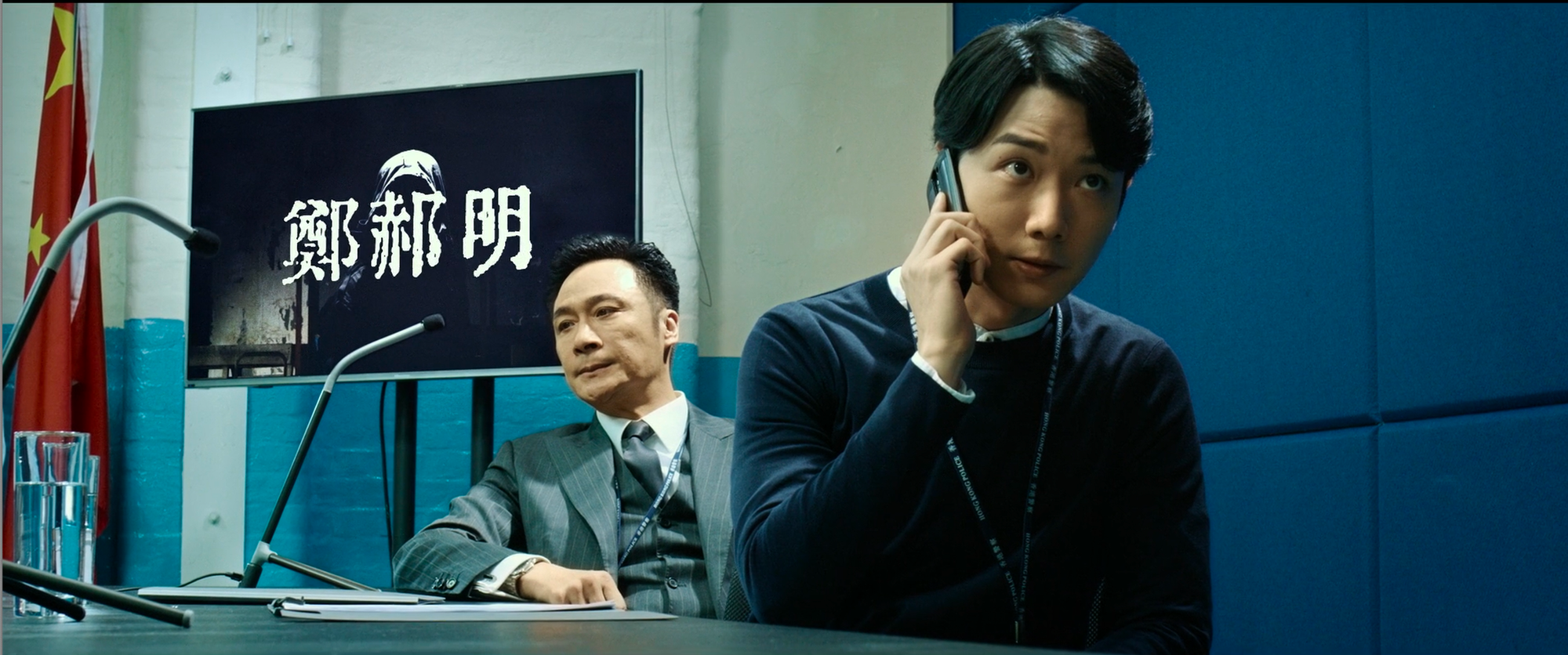Death Notice (Herman Yau, 2023)
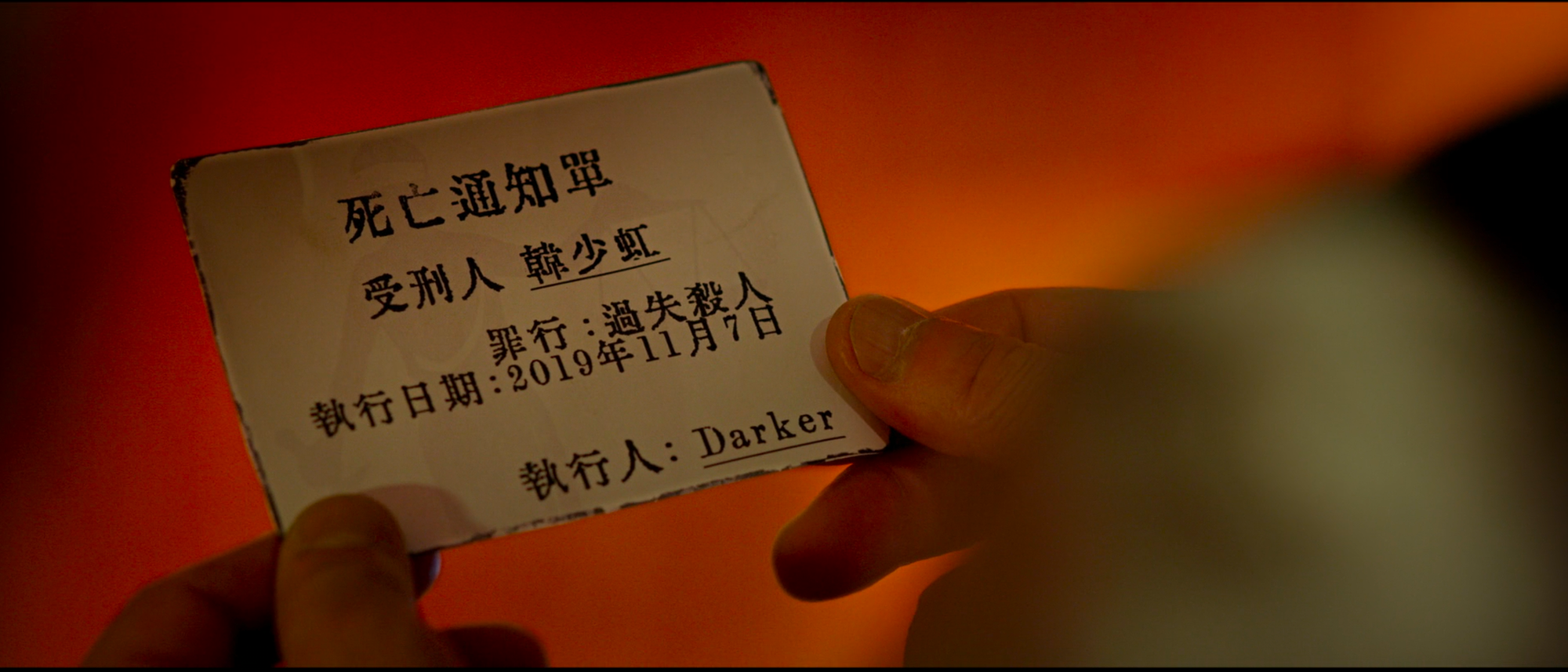
The fourth 2023 Herman Yau film to come across my digital transom (I’m still searching for the fifth film he released last year, Customs Frontline) is the one most like an actual movie. While The White Storm 3 was a depressing rehash of undercover cop movie tropes (before exploding into a gloriously explosive finale) and Raid on the Lethal Zone was an extremely well-done mash-up of shoot-outs and natural disasters and Moscow Mission was a fun foray into a frictionless transnational world where literally anything can and will happen, Death Notice is a Hong Kong movie through and through, funded though it is by a wide variety of Mainland companies and subject to the country’s often arcane censorship requirements. But no Hongkonger working today navigates that system as well as Yau, and with Death Notice he’s managed to slip his most directly anti-authority film in quite awhile past the powers that be. Possibly because the film’s plot is too tangled and dense for any clock-punching bureaucrat to parse.
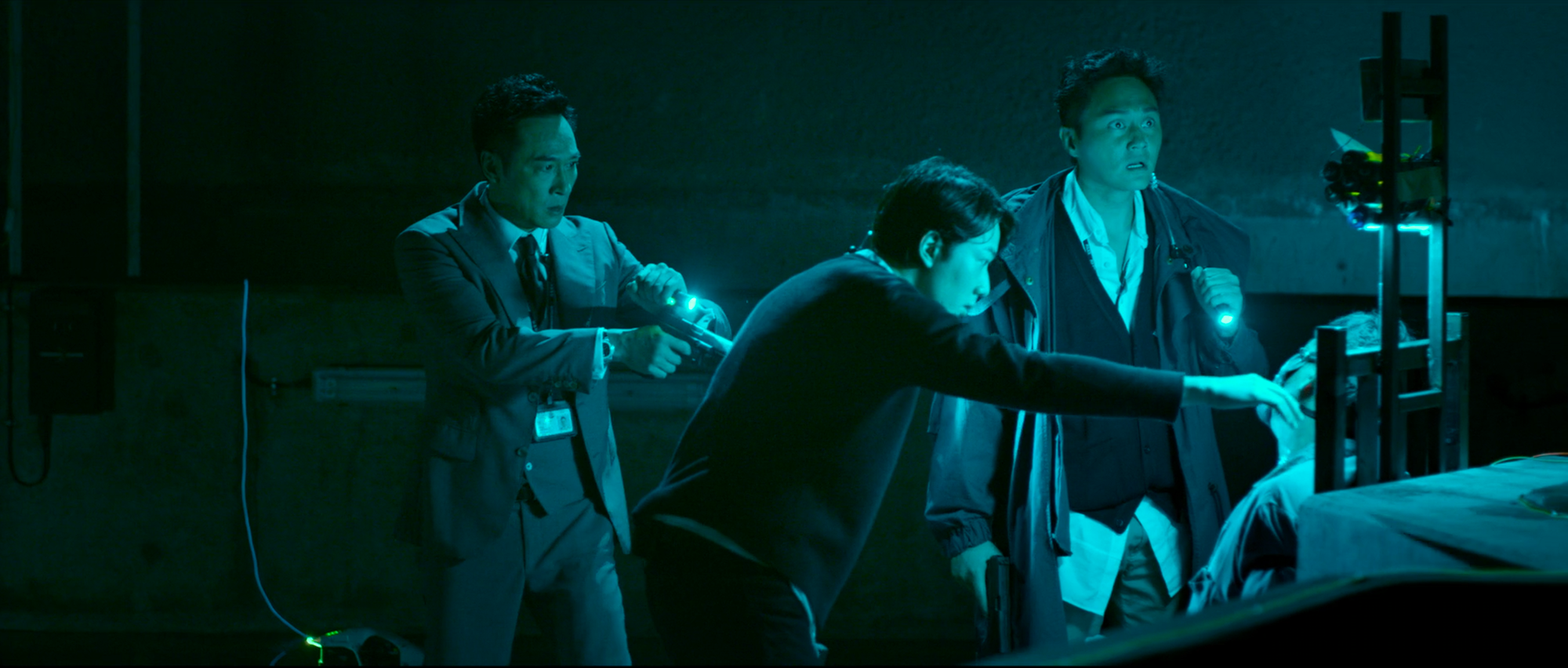
Julian Cheung, an actor and singer whose career dates back to the early 90s and has worked both on Hong Kong and the Mainland and on TV as well as film, plays a cop whose girlfriend, also a cop, was blown up along with a third cop by a mad bomber in 2009. Ten years later, the bomber has returned. He’s a shadowy figure named “Darker” who sends notes to his intended victims naming the day they are to be killed—the eponymous “death notices”. Cheung starts working the new case, under the supervision of Francis Ng (one of Hong Kong’s most reliably weird actors, playing it straight here). Also on the team are the once ubiquitous Babyjohn Choi (I reviewed five of the six films he starred in back in 2017 but have only seen him in Yau Shock Wave 2 since then) and Chrissie Chau. Rounding out the cast are a panoply of familiar faces: Ray Lui, Simon Yam, Timmy Hung, Philip Keung, Pakho Chau, and apparently Waise Lee, though I didn’t recognize him. Lurking in the shadows, playing a homeless man who was caught in the explosion that killed Cheung’s girlfriend, is Louis Koo, sporting elaborate burn victim makeup and various other physical ailments, merely the latest performance in his longstanding crusade to disintegrate his physical self. Koo, Cheung, Chau, and Choi are all veterans of David Lam’s Storm films (Z Storm, S Storm, P Storm, etc), none of which I have seen yet.
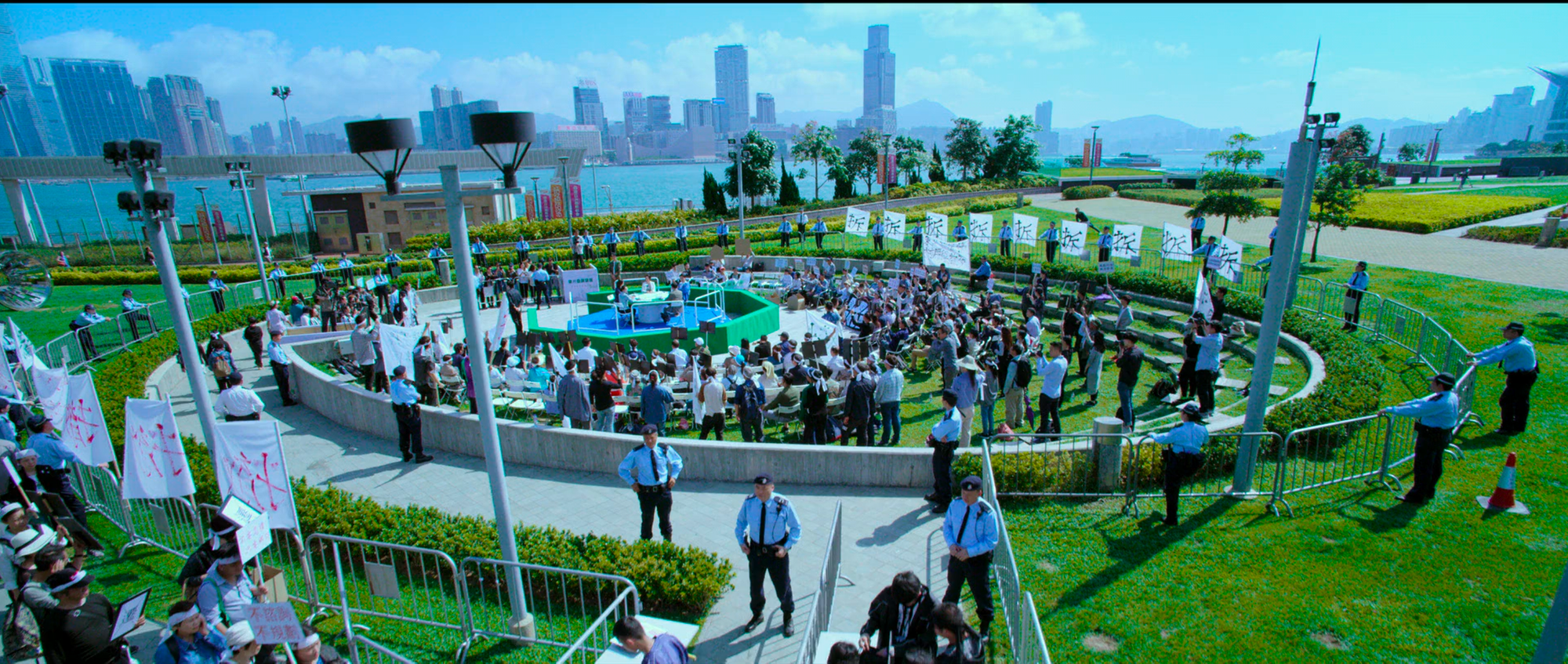
Death Notice is set in 2019, which might be meaningful in that it predates the series of protests that began that year and continued into the next, as well as the COVID pandemic. But the fact is that shooting for the film began way back in 2018, with its release postponed multiple times because of the various shutdowns, finally seeing theatres in Hong Kong and China only this past August. It’s based on a novel by Zhou Haohui which was published in 2014, therefore even predating that year’s Umbrella protests. Not having read the book, I can’t say how much of what I’m seeing as the iconography of and sly commentary on the protest movements and the response to them is in the original as a premonition of things to come, an addition by Yau and his screenwriter Toni Shum, or simply my own Handover Syndrome (where Western critics reduce the politics of every Hong Kong film to the One Thing they know about Hong Kong politics). But such are the perils of looking for meaning in popular art. All I know is that this is a movie wherein a legislator leads a public protest (more of a forum really, but still) and she ends up dead, probably because her protests were interfering with the needs of wealthy landowners, and a whole lot of people lose faith in the ability of the police or the government to protect the people or their interests.
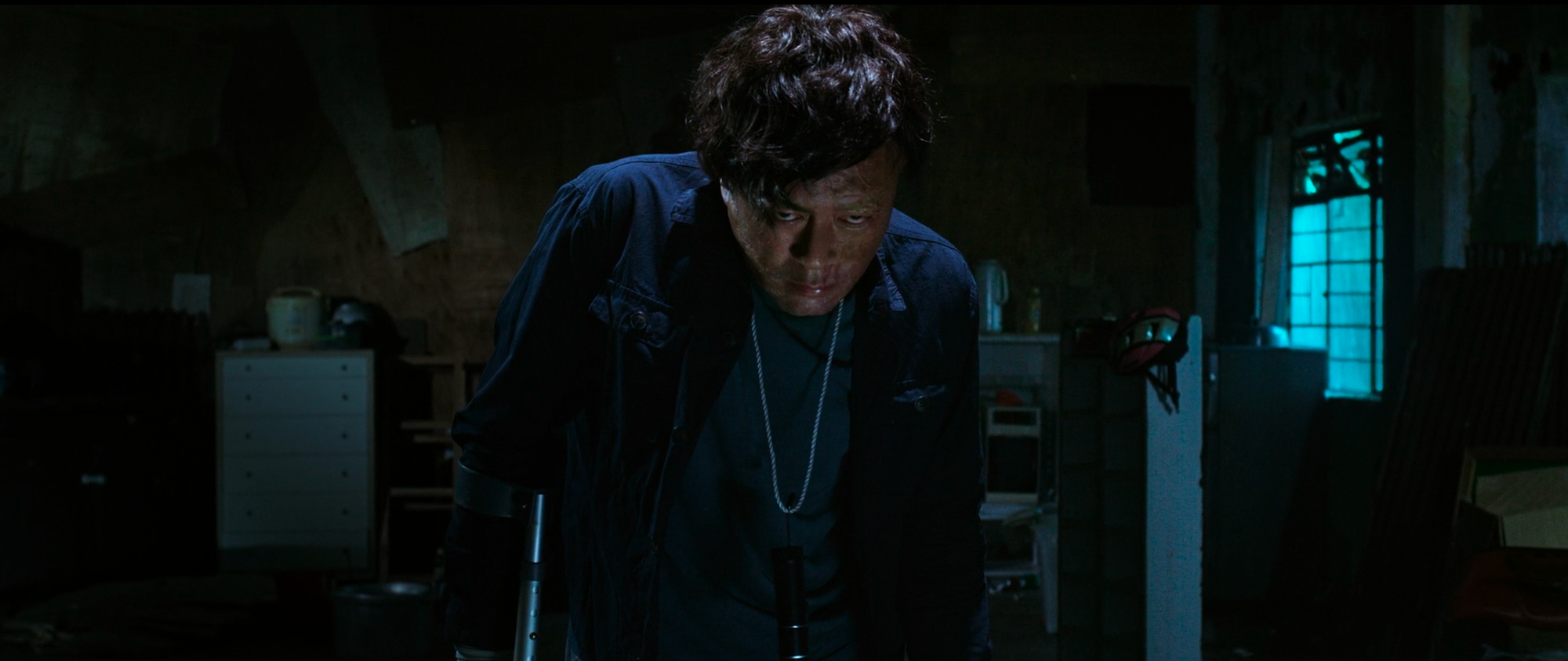
Anyway, the plot is structured around a series of bombings, while in-between them Cheung conducts his investigation, both in the present and in remembering various events leading up to the original 2009 bombing. Cheung is just a little bit crazy—he carries on conversations with his dead girlfriend (they work out the crime together)—but he’s a great detective. Kind of an Adrian Monk without the OCD or germophobia. First an ex-cop turned real estate developer is killed, then the legislator, then a criminal from Ng’s past, and finally another real estate guy. Along the way Cheung zeroes in on Koo as his target (we do too, because he’s played by Louis Koo so obviously he’s gotta be more important than just a weird eyewitness), but he doesn’t seem like the guy because we seem him limping around his hovel as the various crimes are being committed across town. Interspersed with the investigation are the various flashbacks leading up to the first deaths. The flashbacks are shot in a grainy, oversaturated color, a welcome change for this kind of film, which tends to show memories in black and white. Yau’s insistence on fuzziness makes sense: memories are colored by emotion, not the cold delineations of monochrome. While Death Notice has the least interesting action scenes of Yau’s 2023 (really only a cool rooftop chase, a nod at a car chase and a fair amount of “which wire do I cut?” suspense), it’s the best-looking movie of the four, with Yau and his DPs Mandy Ngai and Derek Siu exploring a whole range of digital textures rather than just coasting on the plastic artificiality of the medium.
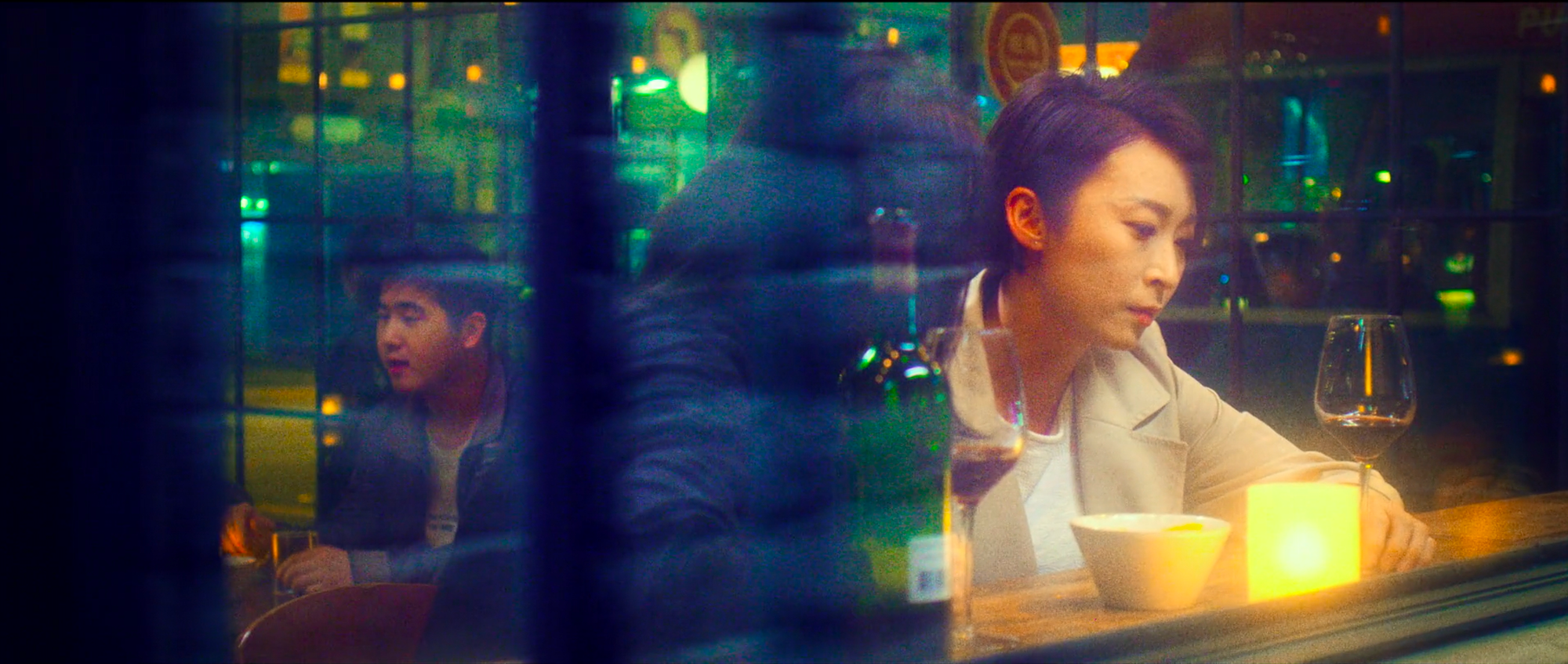
As his crimes mount, Darker seems to gain a large amount of public support. As his targets are all criminals of some kind, there’s a big chunk of the populace, almost half in fact, that are perfectly fine with his kind of vigilante justice. The film’s distrust of government is compounded when it becomes clear that the cops are just as complicit in the crimes being punished as the real estate guys, as Ng becomes a semi-unwitting pawn of Darker. And when the inevitable happens, and Louis Koo is revealed as the villain (villains actually: Koo’s character plays multiple different roles, transforming his body with makeup and Acting! every time), it turns out that Darker was a cop himself all along. It’s an extremely convoluted scheme Koo has dreamt up, and then we learn that even he is just a tool for, well, darker forces at play. Because you see the real conspiracy here is not about the love lives and petty rivalries and guilty consciences of the police: the cops are just convenient tools for the real people in charge: the money men. Whoever the Top Darker is (and the book is part of a trilogy, so who knows if we mere movie-watchers will ever find out), their scheme seems to be more about clearing out their rivals for land development than anything else. Because when you give a movie a plot this convoluted, hinting at a conspiracy so vast that it can’t even be revealed in the space of a single film, we all always know who the real culprit will turn out to be. Just don't let the guys whose job it is to ensure wholesome messaging about the cops and the state know we know what they don't know.
